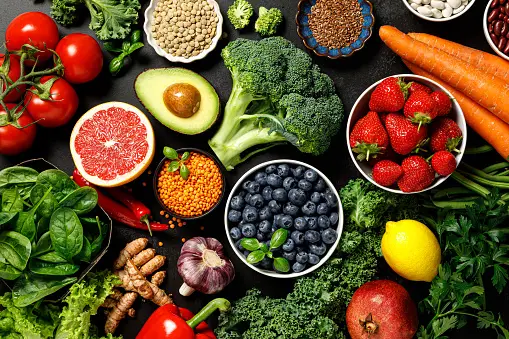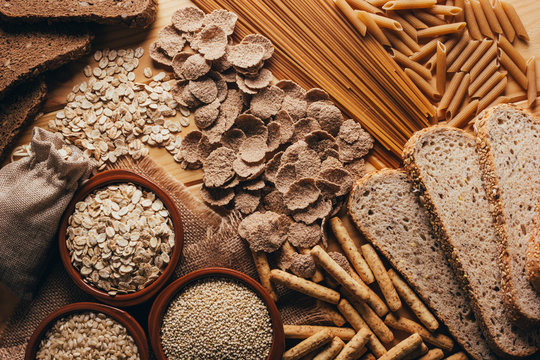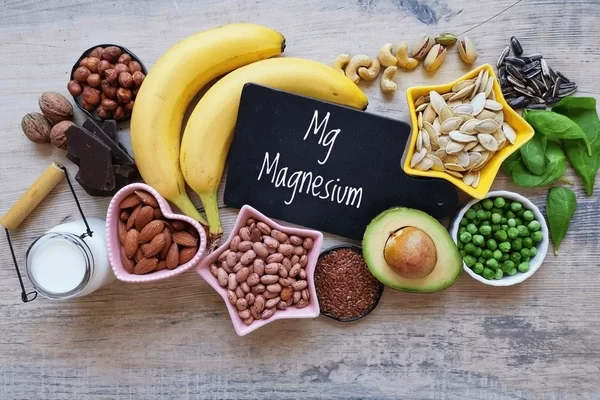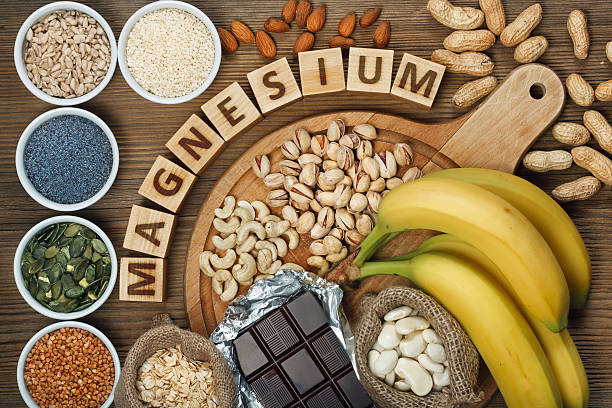To increase magnesium levels in your body, supplementation through capsules is the most direct and effective route. With its rapid absorption and convenience, magnesium capsules ensure more immediate results, offering a straightforward way to reach the desired levels of this essential mineral.
However, in addition to supplementation, it’s important to note that a balanced diet can also significantly contribute to increasing magnesium levels. Including magnesium-rich foods such as leafy greens, nuts, seeds, and whole grains in your daily diet can help provide your body with the necessary amount of this important nutrient.
Furthermore, it’s crucial to be aware that other factors, such as proper magnesium absorption by the intestines and its retention in tissues, also play a crucial role in maintaining optimal magnesium levels in the body. Therefore, in addition to focusing on supplementation and a balanced diet, it’s essential to ensure good digestive and metabolic health to optimize the absorption and utilization of magnesium by the body.

Although for most of us, all the Magnesium we need can be obtained from the food we eat, it’s not always an easy task. Today’s fruits, vegetables, and greens contain less Magnesium than they did 50 years ago – and processing removes about 80% of the mineral from foods. But it’s still possible to get all the Magnesium we need from food if we plan carefully.
Foods like nuts, seeds, whole grains, beans, leafy greens, dairy, and fortified foods are rich in Magnesium. For example, a 1-ounce serving of almonds can provide up to 20% of the daily Magnesium needs for adults.
Seeds are excellent alternatives for those seeking magnesium-rich foods to supplement their diet. In just 10g of pumpkin seeds, for example, we can find 37.7mg of the mineral, which corresponds, on average, to 13% of the daily recommendation.
Spinach is widely recognized for being a nutrient-rich food, and magnesium is no exception. In 100g of spinach, you can find 79mg of magnesium, which represents about 18% of the mineral’s daily recommendation. Additionally, spinach is an important source of other essential nutrients, including vitamin C, K, A, and iron.
Almonds are known as an excellent source of magnesium, among other essential nutrients. In a 28g serving of almonds, you can find approximately 80mg of magnesium, which represents about 19% of the daily recommendation for this mineral. Additionally, almonds are rich in healthy fats, proteins, fiber, vitamin E, and other nutrients that contribute to a balanced and healthy diet.
Magnesium is an essential nutrient that can be found in various legumes, including lentils, peas, beans, and soy. In 100g of soy, for example, we can find approximately 86mg of Magnesium, which represents about 25% of the daily recommended intake of this mineral! Meanwhile, a serving of one cup of cooked black beans provides approximately 60mg of magnesium, contributing to about 15% of the recommended daily intake of the mineral. In addition to being sources of Magnesium, these foods are also rich in protein, potassium, iron, and fiber, making them a healthy and nutritious choice to include in your diet.


While foods are natural sources of magnesium, the amount needed to reach the daily recommendation can be challenging to attain through diet alone. That’s why many people opt for magnesium supplements. They’re a quick and convenient way to ensure you’re getting the proper amount of this important mineral to support your overall health and well-being.
Whole grains like oats, barley, and wheat are also great sources of magnesium. Just 28g of wheat, for example, provides 16% of the daily recommendation, which is equivalent to 65 mg of the mineral.
Additionally, these cereals are packed with other essential nutrients like B vitamins, selenium, and fiber, contributing to a balanced and healthy diet.

– Avocado
Avocado is another excellent source of magnesium, as well as being rich in a variety of vitamins and minerals. In a 100g serving, avocado provides approximately 29mg of magnesium, which accounts for about 10% of the recommended daily intake.
Additionally, avocado is a great source of vitamin K, B vitamins, and potassium, contributing to a balanced and nutritious diet.
– Banana
Banana, besides being an excellent source of potassium, is also one of the sources of magnesium. In 100g of banana, we can find approximately 27.3mg of the mineral, which accounts for about 9% of the daily recommendation. Additionally, banana is rich in fiber and iron, making it a healthy and nutritious option to include in the diet.
– Cashew nuts
Cashew nuts, a nut known for its richness in various minerals, including Magnesium. A 28g serving of cashew nuts provides approximately 82mg of Magnesium, which is equivalent to 20% of the daily recommendation of this mineral. Additionally, this food is an excellent source of healthy fats, phosphorus, and zinc, making it a nutritious option to include in the diet.

Salmon is an excellent source of magnesium, with 27mg of the mineral in each 100g serving. Additionally, it’s rich in B-complex vitamins, potassium, and antioxidants, making it a nutritious and delicious option.
The benefits of oatmeal are notable, with approximately 175mg of magnesium in a 100g serving. Additionally, this food is a rich source of protein, vitamins, and carbohydrates, while also providing a significant amount of dietary fiber, like most cereals.
In every 100g of peanuts, you’ll find an average of 100mg of magnesium. Opting for the paste of this food, the well-known peanut butter, is an alternative way to incorporate this legume into your diet.
If there’s one food more anticipated on this list, it’s dark chocolate! Besides its delicious fame, it’s rich in magnesium, copper, iron, and manganese. We also find potassium, zinc, and selenium, along with antioxidant properties thanks to the cocoa.

Although the best way to stabilize magnesium levels in your body is through supplement consumption, a more natural approach can also be effective. Foods like dark green leafy vegetables, nuts, seeds, and whole grains are excellent sources of magnesium that can be easily incorporated into your daily diet, providing a natural way to ensure you get the necessary nutrients for optimal health and well-being.
The Magnesium capsules perfect for your everyday life, with the ideal composition and dosage for our body and to top it off, with a super special price: